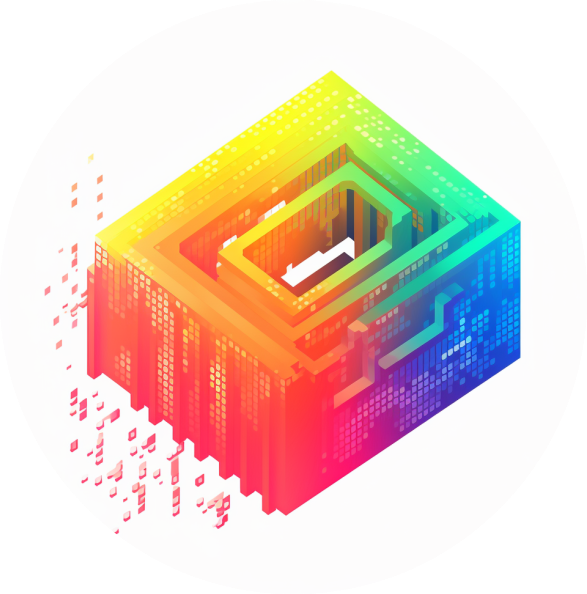Boost Your Knowledge with Beginner-Level Computer Science Courses. The upGrad Blog is a valuable resource offering a wide range of programs and courses for eager learners. With an emphasis on beginner-level topics, the blog provides an array of project ideas and information in fields like MBA HR, Python, software development, IoT, computer science, and more. Additionally, the blog covers job-oriented short-term courses, the highest paying jobs in India, career options after B.Com, and final year project ideas. Trending posts delve into compelling subjects such as the distinction between lists and tuples, artificial intelligence salary in India, career options after BBA, and AWS salary in India. Not only does the blog offer free courses for various subjects including marketing, data science, machine learning, management, technology, career planning, law, and soft skills, but it also provides resources for studying in the USA and Canada, as well as opportunities for 1-on-1 career counseling. With such a wealth of knowledge at your fingertips, there’s no better time to embark on your learning journey. Let’s dive into the world of codes and expand our understanding of computer science.

Introduction to Computer Science Courses
Computer science is the study of computers and computational systems, their principles, algorithms, programming languages, software development, and their impact on society. It is a field that encompasses various disciplines, such as software engineering, artificial intelligence, data science, cybersecurity, and more. As the world becomes increasingly digital, the demand for computer science professionals continues to grow.
What is Computer Science?
Computer science is not just about programming or coding. It covers a wide range of topics, including the design and analysis of algorithms, data structures, computer organization, operating systems, software engineering principles, and more. It is a field that requires logical thinking, problem-solving skills, creativity, and strong analytical abilities.
Why Should You Learn Computer Science?
Learning computer science can benefit individuals in numerous ways. Firstly, it equips them with the skills necessary to thrive in today’s increasingly digital world. From understanding basic computer operations to developing complex software applications, computer science knowledge is indispensable in various industries.
Furthermore, studying computer science opens up numerous career opportunities. Whether one is interested in software development, data analysis, cybersecurity, artificial intelligence, or web development, computer science provides a solid foundation for pursuing these fields.
In addition, computer science fosters critical thinking and problem-solving abilities. By solving algorithmic puzzles and developing efficient solutions, learners develop logical reasoning and analytical thinking skills that are valuable in many aspects of life.
Benefits of Beginner-Level Computer Science Courses
Beginner-level computer science courses provide a solid foundation for individuals who wish to pursue a career in the field or simply gain a better understanding of computers and technology. These courses typically start with an introduction to programming and gradually cover more advanced topics.
Some key benefits of beginner-level computer science courses include:
-
Building a Strong Foundation: These courses cover the fundamental principles of computer science, allowing learners to develop a strong foundation on which to build more advanced knowledge and skills.
-
Learning Programming Basics: Beginner-level courses often focus on teaching programming languages, such as Python, Java, or C++. These languages are widely used and provide a solid starting point for understanding programming concepts.
-
Developing Problem-Solving Skills: By working on programming assignments and projects, students are exposed to real-world problems that require creative and logical thinking. This helps develop problem-solving skills that are valuable in many domains.
-
Exploring Different Areas of Computer Science: Beginner-level courses introduce learners to various branches of computer science, such as algorithms, data structures, web development, and artificial intelligence. This exploration can help students discover their interests and guide them towards more specialized areas.
Popular Beginner-Level Computer Science Courses
There are several beginner-level computer science courses offered by reputable universities and online platforms. Here are a few popular options:
Introduction to Computer Science by Harvard University
Harvard University offers an online course called “Introduction to Computer Science” through edX. This course provides a comprehensive introduction to computer science, covering topics such as algorithms, data structures, and programming in Python. It is a self-paced course suitable for beginners with no prior programming experience.
CS50’s Introduction to Computer Science
CS50’s Introduction to Computer Science is a course offered by Harvard University that provides a broad and in-depth introduction to computer science. It covers fundamental concepts such as algorithms, data structures, and programming languages like C and Python. The course is available online through the edX platform and is suitable for beginners.
Computer Science 101 by Stanford University
Stanford University offers an introductory computer science course called “Computer Science 101.” This course aims to teach students the basics of computer science, including programming concepts, data structures, algorithms, and problem-solving techniques. It is available online for free and is a beginner-friendly course.
These popular beginner-level computer science courses provide a solid foundation for individuals who want to start their journey in the field.

